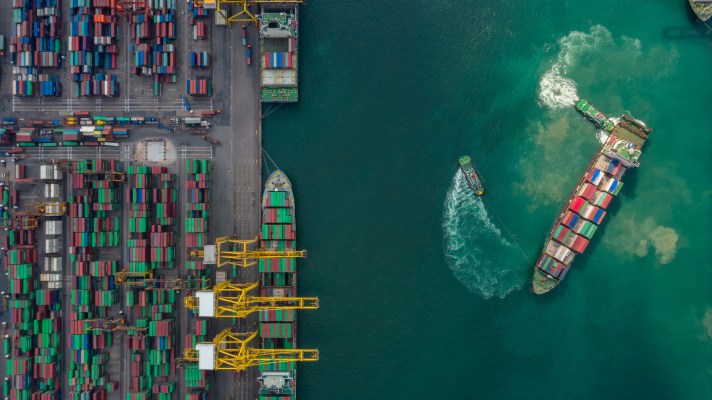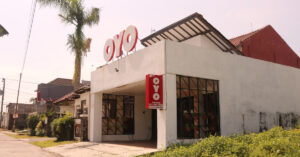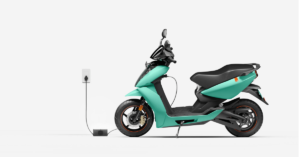
“Investors are pouring money into Latin America’s logistics and shipping businesses,” our former colleague Jon Shieber wrote in 2019. But a pandemic later, amid unrest over gasoline prices across the globe, it’s time for a revisit.
Nowports (YC W19) is a good starting point for comparison. In February 2019, the Mexican startup was just graduating from Y Combinator, and in Shieber’s words, “sett[ing] itself up to be the Flexport of Latin America.” Fast-forward to today, and Nowports has raised $92.6 million in funding, including a $60 million Series B round led by Tiger.
Examples like this abound as investors have shown bullishness for freight forwarding all over the world. The pandemic played a role in boosting logistics startups, shining a light on how essential supply chains are. But venture capital keeps on flowing even as COVID-19 wanes, recent news shows.
Just this month, TC reported on three fundraising events in the freight-forwarding world. Seattle-based Convoy is valued at up to $3.8 billion following a $260 million Series E round. Nigeria’s OnePort landed a $5 million investment that will help it expand to three major African hubs by the end of the year. And in Latin America, DeltaX has its eyes set on the Andean region and $1 million in the bank.
Digitizing freight forwarding is a global challenge because the sector still lacks transparency and efficiency. Latin American startups have a steeper hill to climb, but this also drives them to innovate and help each other in interesting ways.
Much more than copycats
In Latin America, the problem isn’t just that freight forwarding is still very much analog — it is also suboptimized. In the region, “trucking demand outpaces capacity, yet 40% of the time trucks roll empty,” according to Mexican startup BeGo (YC W20).
According to Jonathan Lewy, whose fund Investo backed BeGo and Nowports, the two startups represent the sector’s main models: marketplaces and freight forwarders. Other examples would be Brazil’s CargoX on the marketplace side and Nuvocargo on the freight-forwarding side.
However, business models in Latin America are often blended, and Nuvocargo is a good example of this.








![Read more about the article [Funding alert] Pazcare raises $8.2M in Series A round led by JAFCO Asia](https://blog.digitalsevaa.com/wp-content/uploads/2022/02/MalvikaCopyofImageTagging27-1644241474806-300x150.png)

